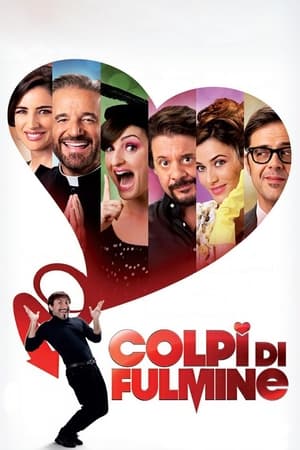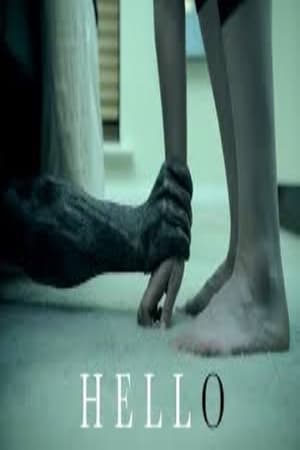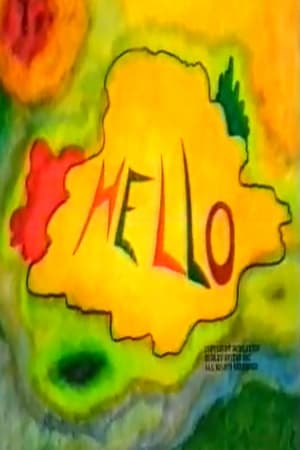
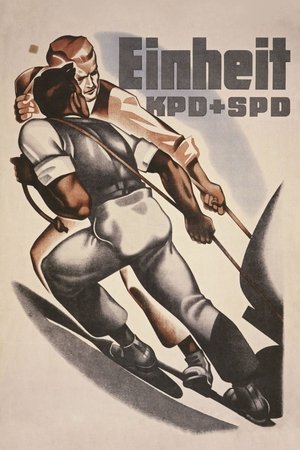
Unity SPD – KPD(1946)
Documentary about the merging of the Communist Party of Germany and the Socialist Unity Party of Germany in the Soviet occupation zone, a merger that would lead to the creation of the Socialist Unity Party that would rule the soon-to-be-created East Germany until 1989.

Movie: Unity SPD – KPD

Einheit SPD – KPD
HomePage
Overview
Documentary about the merging of the Communist Party of Germany and the Socialist Unity Party of Germany in the Soviet occupation zone, a merger that would lead to the creation of the Socialist Unity Party that would rule the soon-to-be-created East Germany until 1989.
Release Date
1946-05-01
Average
5
Rating:
2.5 startsTagline
Genres
Languages:
DeutschKeywords
Recommendations Movies
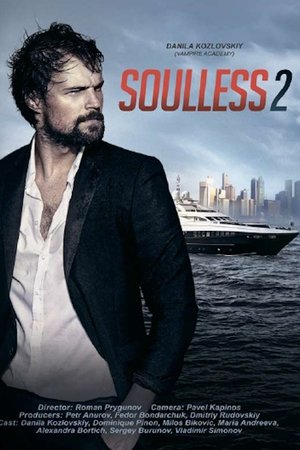 5.4
5.4Soulless 2(ru)
Max Andreev thought the best place to start a new life would be at the other end of the world. What he didn't know, is that you can't outrun your past.
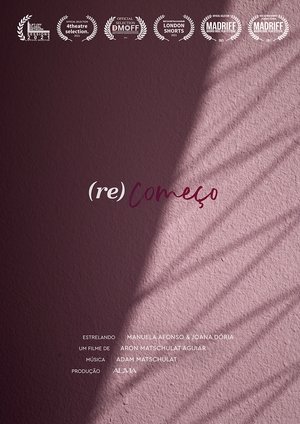 7.4
7.4(re)kindle(pt)
Ana and Helen, two divorced women, were close friends as teenagers. Today, amidst the corona virus pandemic and in quarantine, they get in touch after 20 years via internet. Through video conference calls, memories, sensations and emotions reflourishes.
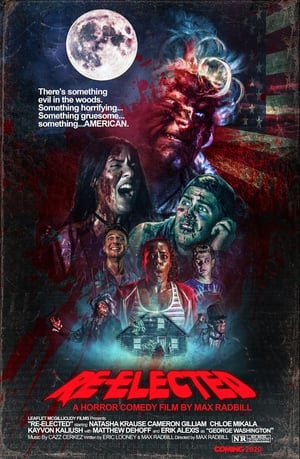 7.0
7.0Re-Elected(en)
Friends battle former U.S. presidents when they come back from the dead as zombies on the Fourth of July.
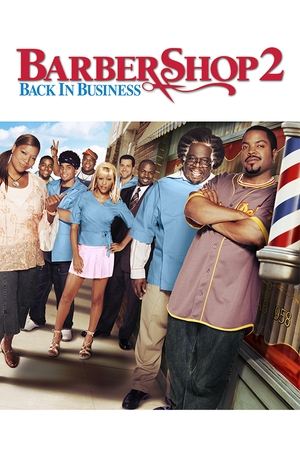 6.0
6.0Barbershop 2: Back in Business(en)
The continuing adventures of the barbers at Calvin's Barbershop. Gina, a stylist at the beauty shop next door, is now trying to cut in on his business. Calvin is again struggling to keep his father's shop and traditions alive--this time against urban developers looking to replace mom & pop establishments with name-brand chains. The world changes, but some things never go out of style--from current events and politics to relationships and love, you can still say anything you want at the barbershop.
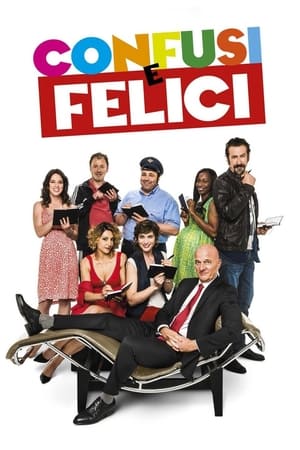 6.1
6.1Happily Mixed Up(it)
A psychoanalyst learns to have an illness and as a consequence he decides to quit his job. All his patients get together to find a way to make him feel better.
 6.0
6.0Mantovani, the King of Strings(it)
Known for his unmistakable cascading strings and recordings such as Charmaine, Mantovani enthralled the world with his sublime arrangements. This is the story of the man and his music.
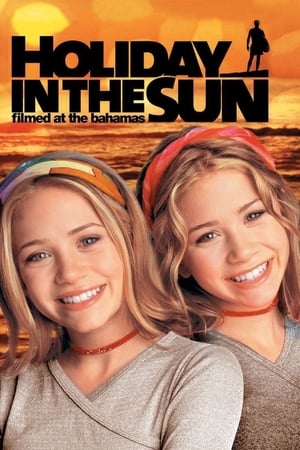 6.0
6.0Holiday in the Sun(en)
Sisters Alex and Madison are whisked away to the Bahamas for winter break but soon find themselves crossing paths with a man smuggling stolen artifacts.
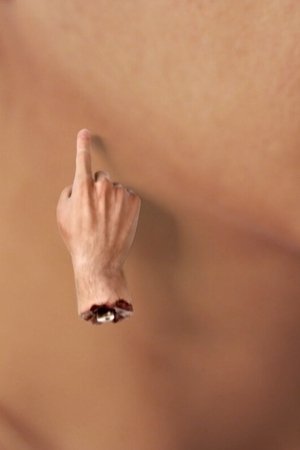 6.1
6.1Hello(en)
Hello explores changes in two people’s working lives: a Mexican trash picker who separates and collects recyclable materials from landfills to sell by the kilo, and a German freelance computer-animation designer working for the advertising industry in Berlin. The double interview is controlled and manipulated by a computer-generated severed hand which Maria describes as an object once discovered in the trash while working in the violent northern town of Mexicali. This CGI hand was in turn produced by Max, who was born with no arms, and sought refuge in computer-imaging as a means to operate and manipulate a digital reality.
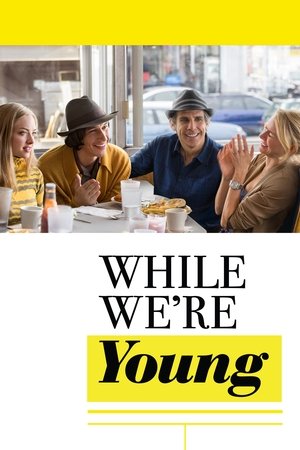 6.0
6.0While We're Young(en)
An uptight documentary filmmaker and his wife find their lives loosened up a bit after befriending a free-spirited younger couple.
Hello(en)
The film tells the story of three best friends named Ako, Aki and Awang, who are well-known in their village for their mischievous and humourous pranks. The trio work for Pak Man. One day, they are assigned to pick up his daughter Misha, who has just returned from overseas and dreams of becoming a doctor. The trio have been in love with her for a long time but she does not pay them any heed. When Misha is robbed by a snatch thief one day, she is rescued by a doctor named Shafiq. Her face reminds the doctor of his late wife, and he begins to pursue her, which annoys the trio.
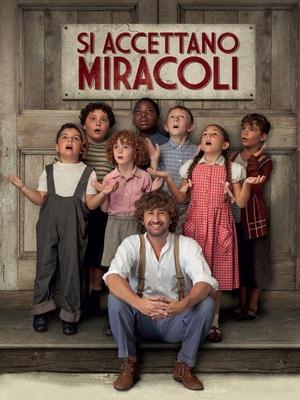 5.9
5.9We Accept Miracles(it)
Fired from his HR job in the big city, Fulvio returns home and sees a leaky pipe in his brother's church as the way to save the crumbling town.
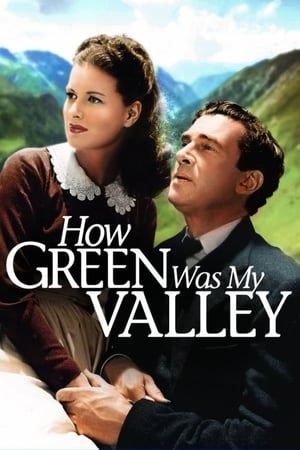 7.3
7.3How Green Was My Valley(en)
A man in his fifties reminisces about his childhood growing up in a Welsh mining village at the turn of the 20th century.
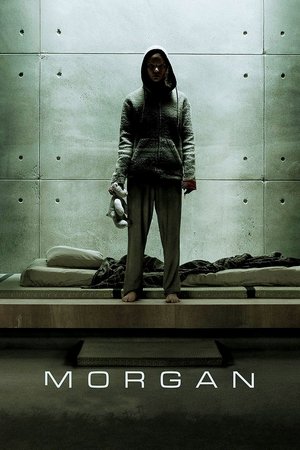 5.8
5.8Morgan(en)
A corporate risk-management consultant must determine whether or not to terminate an artificial being's life that was made in a laboratory environment.
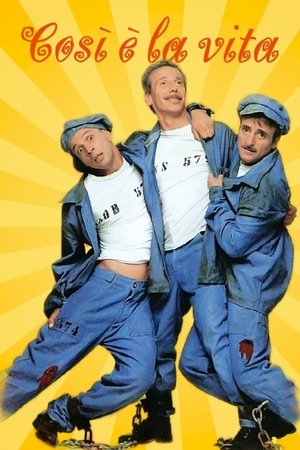 7.5
7.5That's Life(it)
Con man Aldo breaks out of jail and seizes a car at gunpoint, taking its passengers—bumbling police officer Giacomo and nitpicking civilian Giovanni—hostages. An unlikely friendship blossoms.
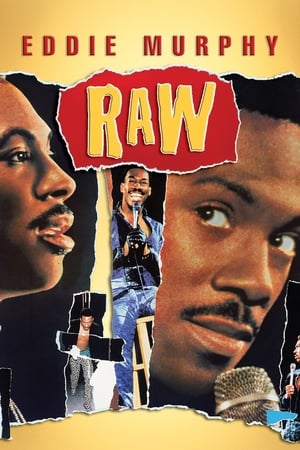 7.3
7.3Eddie Murphy Raw(en)
Eddie Murphy delights, shocks and entertains with dead-on celebrity impersonations, observations on '80s love, sex and marriage, a remembrance of Mom's hamburgers and much more.
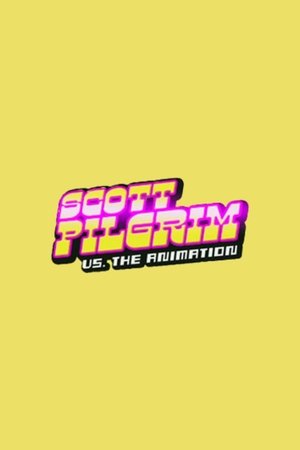 7.1
7.1Scott Pilgrim vs. the Animation(en)
Scott Pilgrim vs. The Animation is an animated short based on Bryan Lee O'Malley's "Scott Pilgrim" franchise.
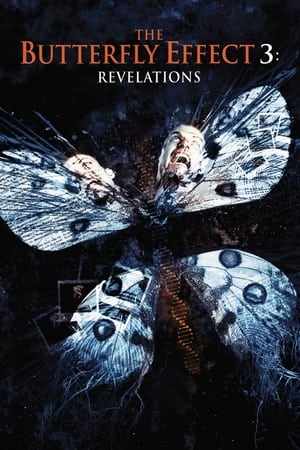 5.5
5.5The Butterfly Effect 3: Revelations(en)
The story revolves around a man trying to uncover the mysterious death of his girlfriend and save an innocent man from the death chamber in the process, by using his unique power to time travel. However in attempting to do this, he also frees a spiteful serial-killer.
Similar Movies
 7.1
7.1Fahrenheit 9/11(en)
Michael Moore's view on how the Bush administration allegedly used the tragic events on 9/11 to push forward its agenda for unjust wars in Afghanistan and Iraq.
 7.2
7.2Stanisław Lem: Autor Solaris(pl)
An account of the life and work of the Polish writer Stanisław Lem (1921-2006), a key figure in science fiction literature involved in mysteries and paradoxes that need to be enlightened.
 5.2
5.2British Sounds(en)
Jean-Luc Godard brings his firebrand political cinema to the UK, exploring the revolutionary signals in late '60s British society. Constructed as a montage of various disconnected political acts (in line with Godard's then appropriation of Soviet director Dziga Vertov's agitprop techniques), it combines a diverse range of footage, from students discussing The Beatles to the production line at the MG factory in Oxfordshire, burnished with onscreen political sloganeering.
The Human Factor 2014(it)
Feeling unfair about the power's portrayal of all its opponents, at the dawn of the '68 protests a young man decided to become a photographer to set things right. "Taking a good picture is a great act of faith". Tano D'Amico thus began a journey that would lead him to be at the forefront of the social battles of the 1970s: the birth of new movements, "the appearance on the threshold of history of a people who had never entered history", the hopes, illusions and betrayals. Tano still continues to photograph workers, the homeless, migrants, the last people and all those who take protest to the streets.
Beyond Ratings(hi)
Three women share their experience of navigating the app-world in the metro city. The sharings reveal gendered battles as platform workers and the tiresome reality of gig-workers' identities against the absent bosses, masked behind their apps. Filmed in the streets of New Delhi, the protagonists share about their door-to-door gigs, the surveillance at their workplaces and the absence of accountability in the urban landscape.
 0.0
0.0Cannibal Island(fr)
A disturbing chapter in Russian history is explored in this documentary. In 1933, Joseph Stalin sent 6000 "unwanted" citizens of Moscow and Leningrad to a desolate Siberian island - with no food or clothes to speak of. Decades later this documentary returns to the island.
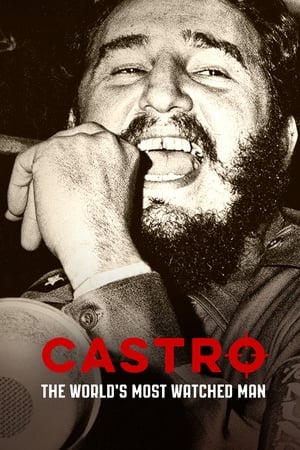 7.3
7.3Castro: The World's Most Watched Man(es)
Fidel Castro employed a vast spy network that helped him remain in power.
Kymatica(en)
Ben Stewart, the bright young musician and philosopher who brought us the sleeper hit "Esoteric Agenda", unveils his new work, Kymatica!. Kymatica will venture into the realm of Cymatics and Shamanic practices. It will offer insight into the human psyche and discuss matters of spirituality, altered states of consciousness and much more! Not to be missed!
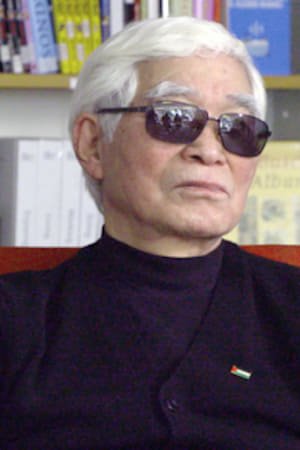 0.0
0.0Bruno & Bettina(de)
Masao Adachi, the author and director of experimental works and pinku-eiga in the 1960s, was a member of the Japanese New Left that shifted from being a filmmaker to a guerrilla fighter. In 1974, he joined the Japanese Red Army in Lebanon, which worked closely with the Popular Front for the Liberation of Palestine. Filmmaker Lutz Dammbeck met Adachi in Tokyo in 2018 and talked with him about a wide range of topics, including art, revolution, the influence of western avant-garde art and American underground; the Japanese Red Army; collaboration with secret services; the role of the Left after 1968; and the reasons for failures of leftist ideas and strategies.
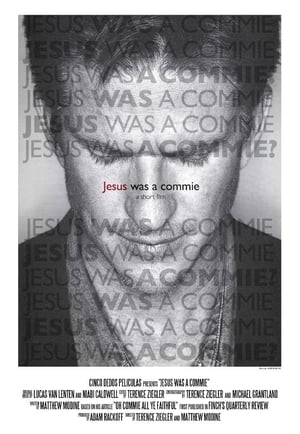 0.0
0.0Jesus Was a Commie(en)
Jesus Was a Commie presents modern society with questions and leads the audience on a dialectical journey. The film challenges the viewer to seek their own answers and personal truths.
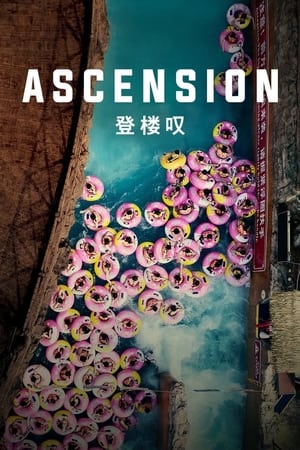 6.8
6.8Ascension(en)
The absorbingly cinematic Ascension explores the pursuit of the “Chinese Dream.” Driven by mesmerizing—and sometimes humorous—imagery, this observational documentary presents a contemporary vision of China that prioritizes productivity and innovation above all.
 6.3
6.3The Russian Revolution(en)
Starting in 1881 this film shows the personal battle between Lenin's Ulyanov family and the royal Romanovs that eventually led to the Russian revolution.
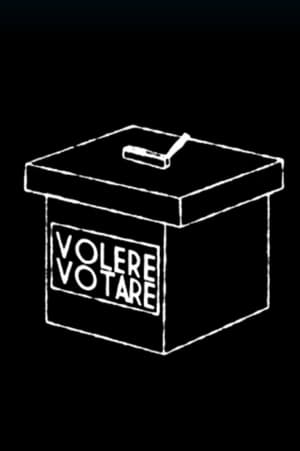 0.0
0.0Volere Votare(it)
Through the testimonies of some Italian women, the documentary evokes the day of 2 June 1946, when they were called upon to cast their vote for the first time. The battles conducted by Italian women in the years leading up to 1946 to demand recognition of the right to vote. The approval of the right to vote for women by the Italian Parliament on 1 February 1945, at the proposal of the Italian Communist Party Secretary Palmiro Togliatti and statesman and founder of the Christian Democratic Party De Gasperi. The role of the first 21 women elected to the Constituent Assembly on 2 June 1946, and their contribution to the writing of the Italian Constitution.
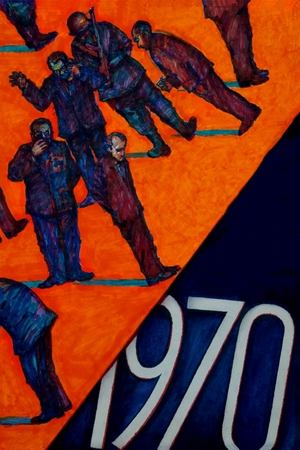 7.7
7.71970(pl)
Poland, 1970. When popular protests erupt in the streets due to rising prices, the communist government organizes a crisis team. Soon after, the police use their truncheons and then their firearms. The story of a rebellion from the point of view of the oppressors.
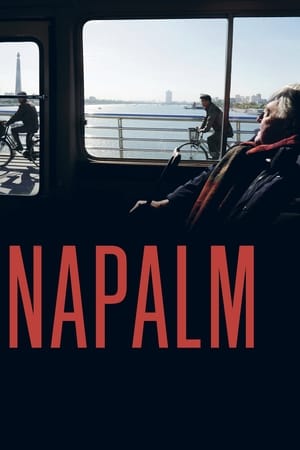 4.9
4.9Napalm(fr)
Napalm is the story of the breathtaking and brief encounter, in 1958, between a French member of the first Western European delegation officially invited to North Korea after the devastating Korean war and a nurse working for the Korean Red Cross hospital, in Pyongyang, capital of the Democratic People’s Republic of Korea.
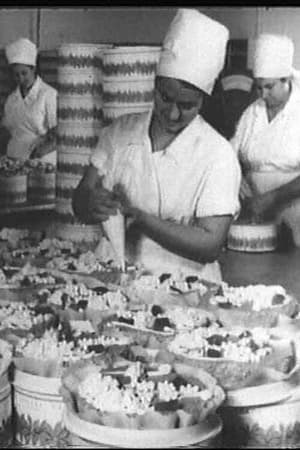 0.0
0.0Charlie Marx and the Chocolate Factory(en)
Charlie Marx and the Chocolate Factory started as an investigation of the link between politics and chocolate, at the Karl Marx Confectionary Factory in Kiev, Ukraine. Since access to the factory was denied, the project had to be re-considered, re-invented or re-enacted. Mostly made of archival footage and re-enacted performances based on the company's website, the film merges what was left of the initial idea with what has been collected and realized instead. It borrows from the genres of video art, 'Man on the street' interview, direct address, corporate film, essay, and music video, without legitimately belonging to any of them. The film unravels as a reflection on its own failure, and yet keeps on investigating what has always been at stake: the shift from public to private property (and from analog to digital technology), dialectics of permanence and change, language as a mirror of ideology, and post-Soviet oligarchy culture.
 7.0
7.0Lenin kam nur bis Lüdenscheid - Meine kleine deutsche Revolution(de)
The free, almost naive view from the perspective of a child puts the "68ers" in a new, illuminating light in the anniversary year 2008. The film is a provocative reckoning with the ideological upbringing that seemed so progressive and yet was suffocated by the children's desire to finally grow up. With an ironic eye and a feuilletonistic style, author Richard David Precht and Cologne documentary film director André Schäfer trace a childhood in the West German provinces - and place the major events of those years in completely different, smaller and very private contexts.
 7.5
7.5Cuba and the Cameraman(en)
This revealing portrait of Cuba follows the lives of Fidel Castro and three Cuban families affected by his policies over the last four decades.
 7.5
7.5Harlan County U.S.A.(en)
This film documents the coal miners' strike against the Brookside Mine of the Eastover Mining Company in Harlan County, Kentucky in June, 1973. Eastovers refusal to sign a contract (when the miners joined with the United Mine Workers of America) led to the strike, which lasted more than a year and included violent battles between gun-toting company thugs/scabs and the picketing miners and their supportive women-folk. Director Barbara Kopple puts the strike into perspective by giving us some background on the historical plight of the miners and some history of the UMWA. Preserved by the Academy Film Archive in partnership with New York Women in Film & Television in 2004.
 7.1
7.1Girls State(en)
What would American democracy look like in the hands of teenage girls? In this documentary, young female leaders from wildly different backgrounds in Missouri navigate an immersive experiment to build a government from the ground up.
